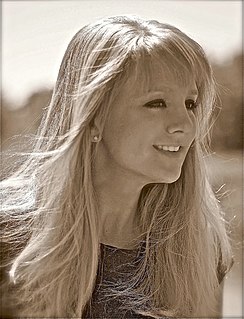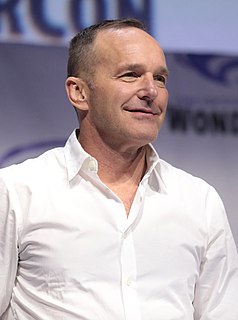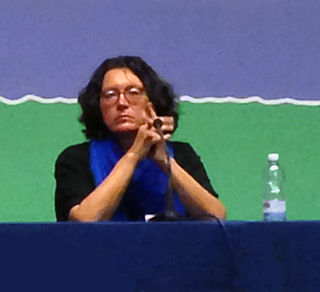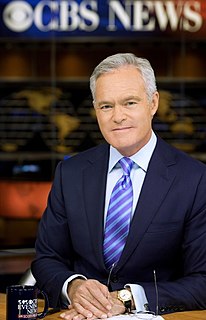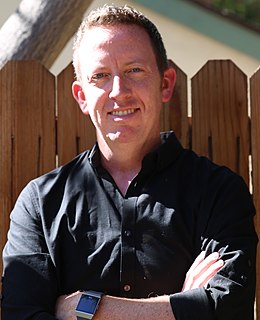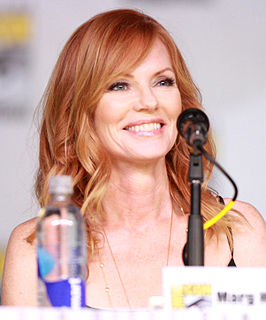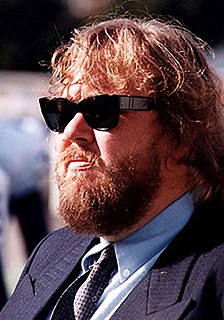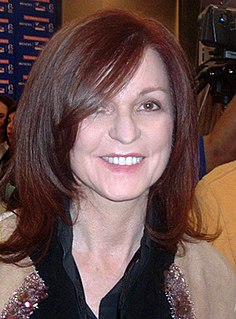A Quote by Jenna Blum
My novella, 'The Lucky One,' is inspired in part by my dad and also by a Holocaust survivor I interviewed for the Steven Spielberg Survivors of the Shoah Foundation.
Related Quotes
The Holocaust survivor who knows Auschwitz through the experience of suffering observes it all from the perspective assigned to him. He keeps silent or gives interviews to the Spielberg Foundation, he accepts the compensation payments promised him after a fifty-year delay, or, if he is prominent, he makes a speech in the Swedish Academy.
My dad had this incredible kindness that oozed through every part of his body. He had the ability to look at life positively in spite of what he went through. He was a Holocaust survivor. When he was 15-1/2 years old, he was liberated from the Dachau Concentration Camp by American soldiers who risked a lot to save people they had never met.
